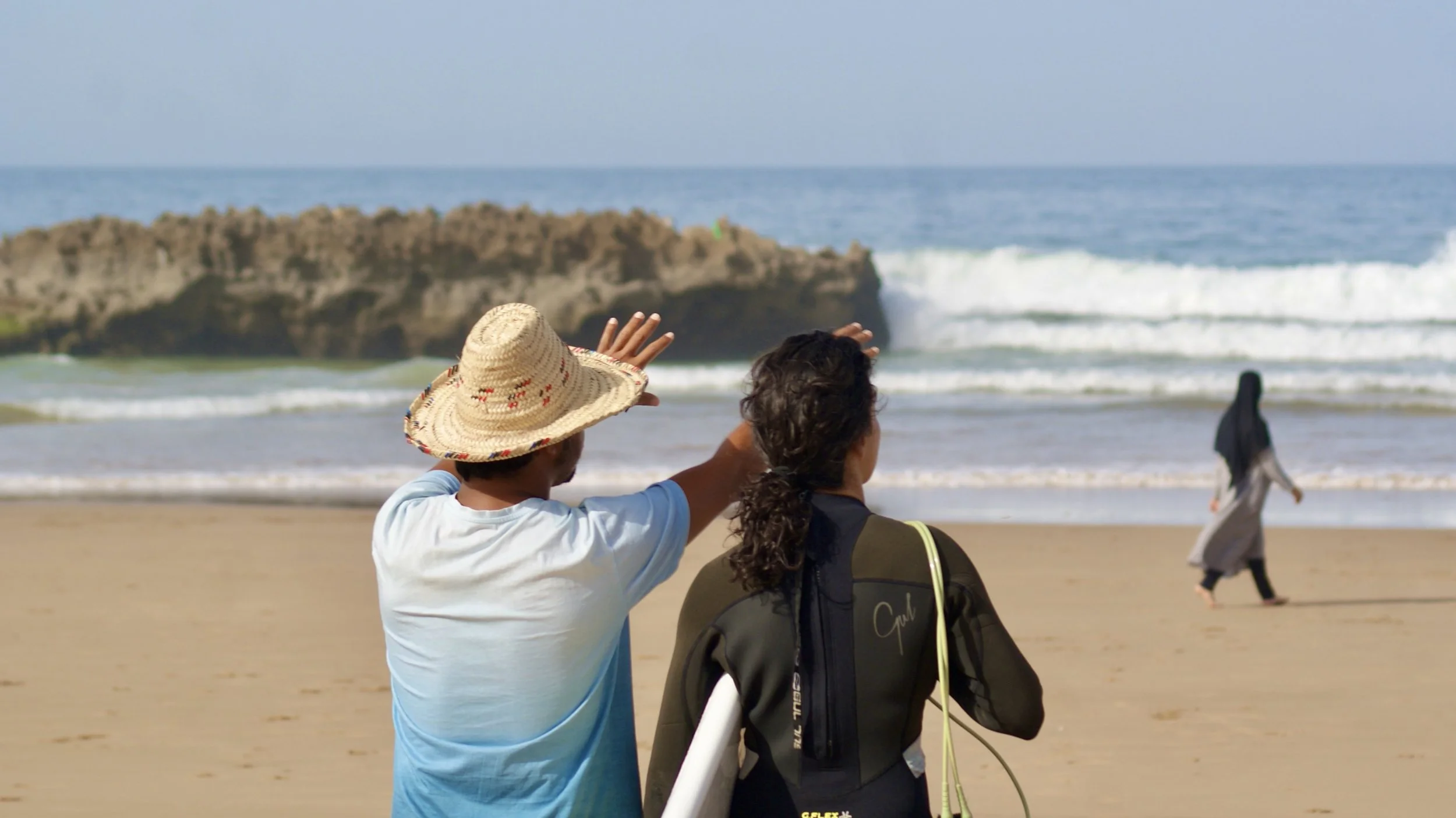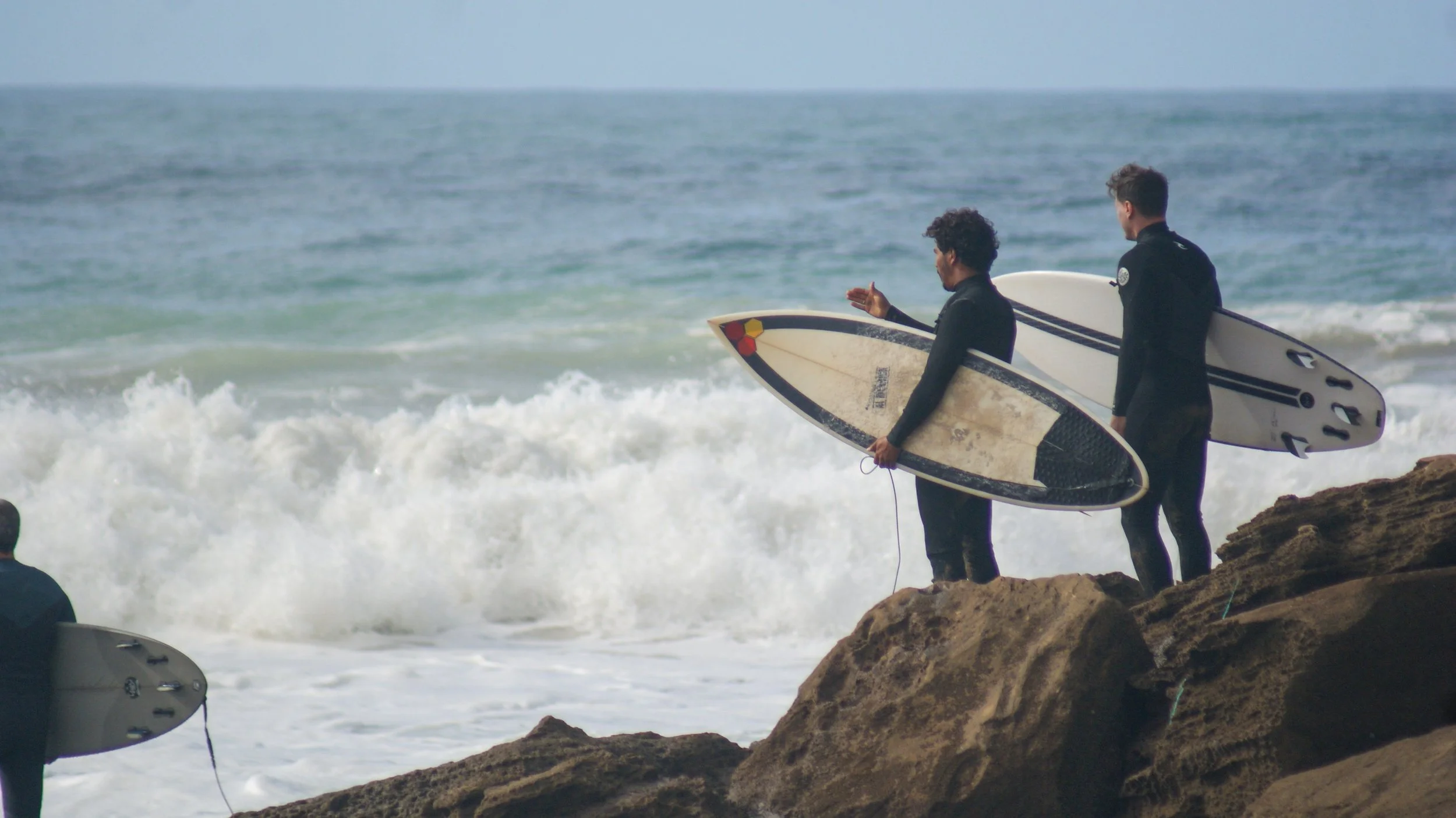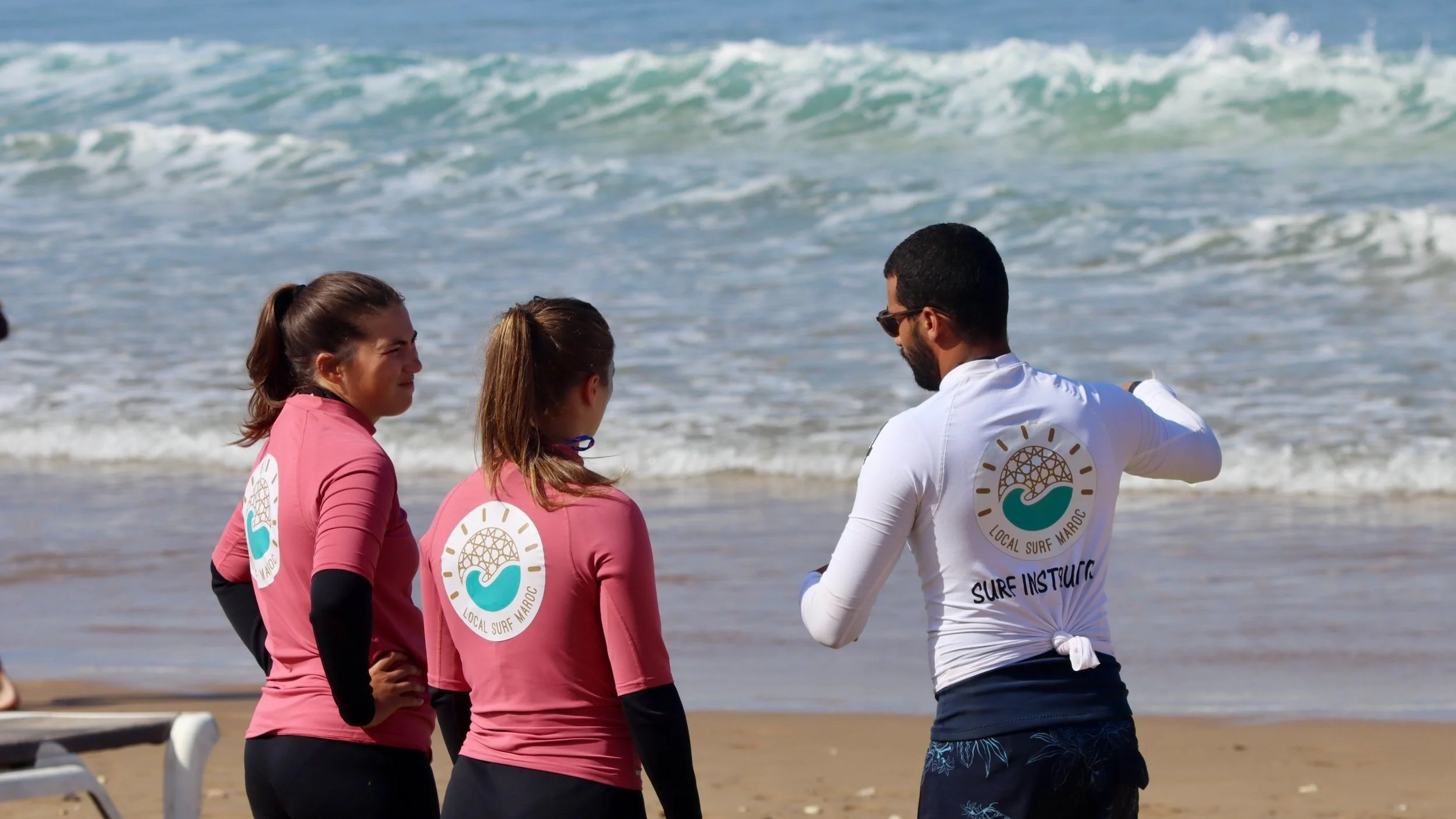Surfing is an incredible sport that offers a deep connection with the ocean, an exciting challenge, and a lifelong journey of learning.
Whether you’re just starting out or have years of experience in the water, understanding your surf level is essential for progression, safety, and overall enjoyment.
Knowing where you stand in terms of skill and experience can make a huge difference in choosing the right waves, selecting proper coaching, and ensuring you have the best surf experience possible.
1. Safety First: Surfing Within Your Limits
The ocean is powerful, unpredictable, and can be dangerous if you’re not prepared. Knowing your surf level helps you assess what conditions you can handle.
A beginner paddling into waves that are too big or beyond their skill level can end up in dangerous situations, putting themselves and others at risk. On the other hand, an advanced surfer stuck in a slow, crowded beginner’s lineup may find themselves frustrated and unable to practice their skills.
By understanding your capabilities, you can make informed decisions about where and when to surf, avoiding unnecessary risks while ensuring you push yourself at an appropriate pace. Surfing within your limits also allows coaches and instructors to provide the best guidance while keeping the lineup safe for everyone.
2. Choosing the Right Coaching and Lessons
If you want to improve, taking surf lessons or attending coaching sessions can be incredibly beneficial—but only if they’re tailored to your level. A surf lesson that’s too basic will leave you feeling unchallenged, while one that’s too advanced might feel overwhelming and unproductive.
Many surf camps and schools, like ours, categorize students into levels: Beginner, Improver, Intermediate, and Advanced. By accurately assessing your surf level, we can place you in the right group, ensuring you receive instruction suited to your needs.
Whether it’s learning to pop up properly, trimming along the wave, or mastering cutbacks, knowing your level ensures you’re focusing on the right techniques at the right time.
3. Picking the Best Surf Spots
Not all waves are created equal.
Some surf spots are beach breaks with white wash perfect for beginners, while other surf spots, like reef breaks, have powerful, fast-breaking waves suited for experienced surfers.
Understanding your surf level and matching your ability to the right conditions helps you choose the right spot for your skillset, avoiding frustration and potential hazards.
4. Progressing Faster and More Efficiently
One of the best reasons to know your surf level is to track progress and set realistic goals.
Surfing is a sport of small victories—standing up for the first time, catching an unbroken wave, making a solid bottom turn, or successfully duck-diving.
By understanding where you stand, you can work on the skills that will help you level up in a structured and rewarding way. Knowing your level allows you to target weaknesses and strengths, leading to faster and more effective improvement.
5. Enhancing the Surf Experience for Everyone
The surf community thrives on respect—respect for the ocean, the waves, and fellow surfers.
Knowing your level contributes to a more harmonious lineup by ensuring that surfers are in the right place for their abilities.
A beginner accidentally dropping in on an advanced surfer because they didn’t understand priority rules can lead to frustration and even dangerous collisions. Likewise, an experienced surfer dominating the beginner area can make it harder for newcomers to get their fair share of waves.
By surfing at a spot that matches your ability, you help create a more enjoyable and safer experience for everyone in the water.
How to Determine Your Surf Level
If you’re unsure about your surf level, ask yourself a few key questions:
Can you paddle out and catch waves independently?
Do you understand surf etiquette and wave priority?
Are you comfortable making turns and controlling your board?
Can you generate speed and position yourself correctly on the wave?
Many surf schools and camps provide surf level assessments to help you determine your skills. Our Surf Level Assessment Questionnaire is designed to guide you through the process, ensuring you find the right coaching package and approach to your surfing journey.
Final Thoughts
Surfing is an ever-evolving sport where every session brings new lessons and challenges. By knowing your surf level, you maximize safety, enjoy the best waves for your ability, receive proper coaching, and progress efficiently. More importantly, it helps foster respect and harmony in the water, creating a better experience for everyone.
If you’re looking to improve your surfing or want to find the best coaching for your level, take the time to assess your skills honestly. The more you understand where you are in your surf journey, the better prepared you’ll be to take on the next wave.




